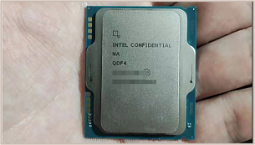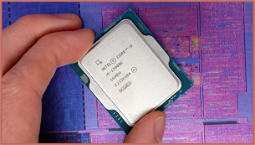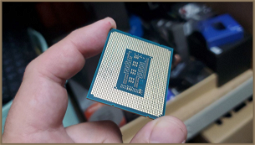Intel Downfall Vulnerability: Impact on Performance
The Intel Downfall vulnerability could slow your PC by up to 50%, as multiple generations of the chip maker’s processors are affected by the exploit, with performance impacts ranging from 6% to 34% depending on the processor and which software is being run. The performance hits are the result of mitigations introduced to protect against the vulnerability, which exploits the Gather instruction to expose internal hardware registers to software.
Downfall impacts mainstream and server processors from Skylake to Rocket Lake microarchitecture, with some mitigations causing significant performance drops. Phoronix used various software packages to compare performance before and after Downfall mitigations were introduced on Linux.
Using an Intel Xeon Platinum 8380, the OpenVKL 1.3.1 performance decreased by 6%, while OSPRay 2.12 saw up to 34% decreases. AI workloads also saw reductions, with up to 17% drops.
Other tests, using an Xeon Gold 6226R, saw similar performance deterioration, losing up to 33% in OSPRay 2.12. The Core i7-1165G7 also showed similar performance drops, losing up to 39% in OSPRay 2.
The tests suggest that Intel’s projected 50% overhead is being under-estimated, although the microcode update is also optional, with an opt-out mechanism available for vectorization-heavy workloads.
The tests also indicate that various workloads may be impacted by AVX instructions. In the case of OpenVKL 1.3.1, video encoding and transcoding saw performance drops of up to 30%.
Preliminary HPC workload tests also indicate that vector-heavy operations are most affected by the mitigations.
Intel itself has outlined the complexities of executing a Downfall attack, with some questioning whether the vulnerability can be used to compromise systems.
Check out our guide on the best Intel processor to see what the current best choice is.
Original Article














